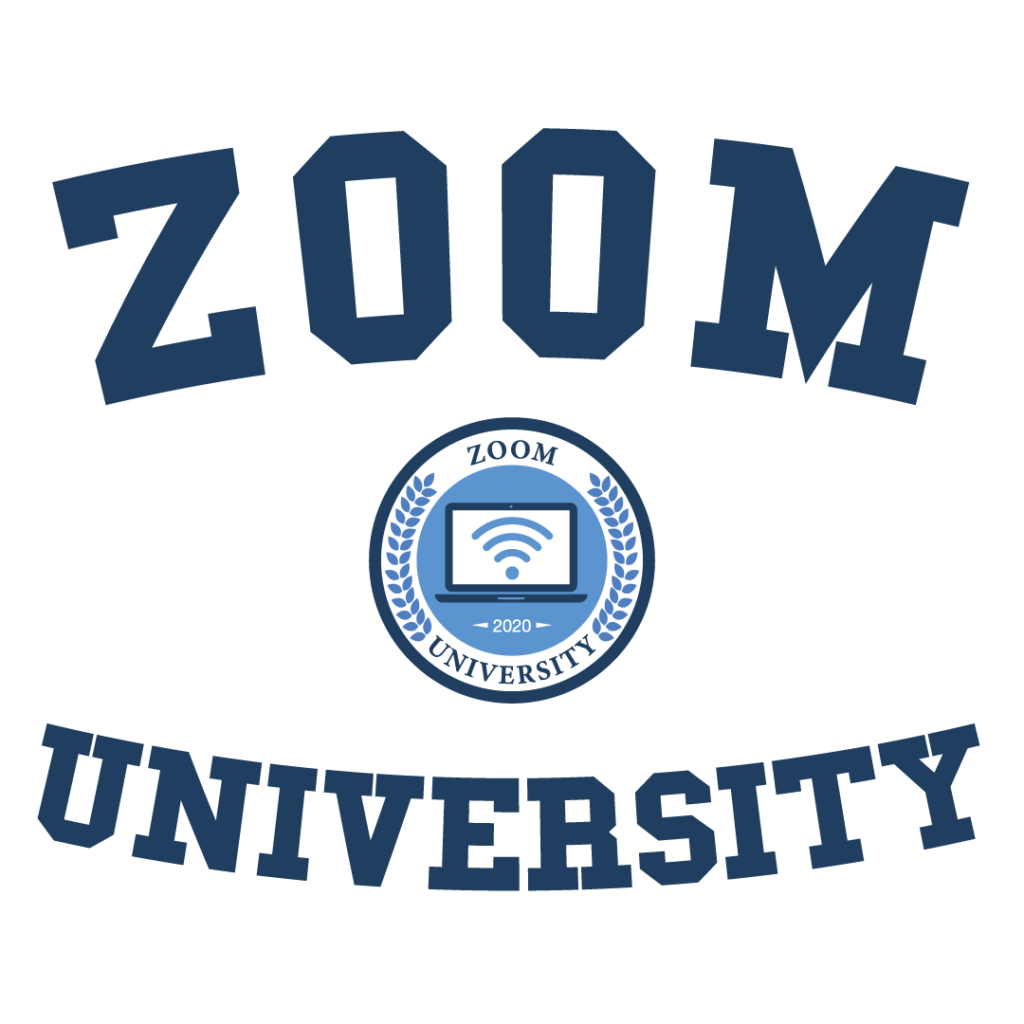At the start of the semester, I selected this course due to the nature of what we would be learning about: technology. As someone who is really passionate about always using online platforms to communicate, plan out events, and organize work, I was really intrigued about learning the ways in which technology has transformed the digital humanities. This course was a very difficult journey for me but my initial interest is what kept me from quitting. Early on in the course, I fell behind on work and found it easier to escape instead of asking for support. I hit a brick wall halfway through the semester and was really confused about what was going on in the course. Due to this, it’d be a disservice to me to detail a significant change in my interpretation of the English discipline as a result of my work in ENGL 340. However, my perception of English as a discipline did significantly change as a result of my struggles, obstacles, and most importantly, my ability to continue adapting to a new learning environment that I had not been exposed to before.
Logistically, this course is set up to introduce new technology platforms to students including Slack, Python, TEI files, timelines, etc. All of the English courses I had taken in the past only focused on readings, essays, short responses, and class discussions. Being a part of the ENGL 340 learning experience was very tricky for me since it took a lot of time to adjust to the tasks I had not been presented with before. However, it also allowed me to be a part of a completely new learning community since many of us had not used any of the platforms mentioned above before. It was such an intriguing experience. From learning how to write journal entries to using VS code, we were all learning everything at the same pace. The memorable looks of confusion and the “ah yes!” moments are what made this class different than others; we supported each other in the process of learning. English as a discipline can most of the time be viewed as essays, papers, and readings, but throughout this course, I learned that it is more. It is learning how to use everything you have read and creating a new learning experience. For us, that was being able to read a text from Gleick’s The Information or Walden and reflect upon what we learn through a blog post, a journal entry, or use technology to analyze the words, patterns, and codes in the text. Working in a group also allowed us to collaboratively share ideas, even if it was remotely, and learn about one another’s interpretations.
Though I was not the most active participant in class, one of our classroom discussions that I thoroughly enjoyed was when we discussed Sounds by Henry David Thoreau. The sentence we primarily focused on was “much is published, but little printed.” Within my group, we started a conversation about what we see published in libraries, bookstores, and what readings professors use to assign to us. I introduced our group to the concept of the literary canon, which I learned in another course refers to the group of books considered to be the most important and influential during a designated time period or place. Most of the authors we discussed were primarily White men and were introduced to us as “classic” reads in middle school. As we made ties to Thoreau’s “much is published, but little printed” we connected this quote to the lack of representation that is found in literature. Many great authors have well-written pieces ready to be published but are unable to get an agent to release it. This opened the floor to the question of “is everything that is published ‘good’? Would we rather have little printed and find meaning in unique texts? Or would we rather increase the number of authors being published to significantly break the literary canon with new ideas?” It was so amazing to see the different points of views that my group discussed and even more impactful for me because I got an opportunity to share knowledge from another course and challenge my peers to think about the ways in which we’ve grown up and how we want to shape our literary future.
As Thoreau mentions in Sounds, “what is a course of history, or philosophy, or poetry, no matter how well selected, or the best society, or the most admirable routine of life, compared with the discipline of looking always at what is to be seen? Will you be a reader, a student merely, or a seer? Read your fate, see what is before you, and walk on into futurity.” Throughout this course, I believe I acted as a seer, noticing where I was struggling and thinking about ways of reaching out for help. However, I also enjoyed the new experience which allowed me to read the texts in this course with more intent. Though I struggled, I am proud of my ability to be transparent with myself and to analyze what went wrong. In reading and writing about my struggles, I know that English as a discipline also impacts us as the authors of our own lives, and as the writers of our fate.

